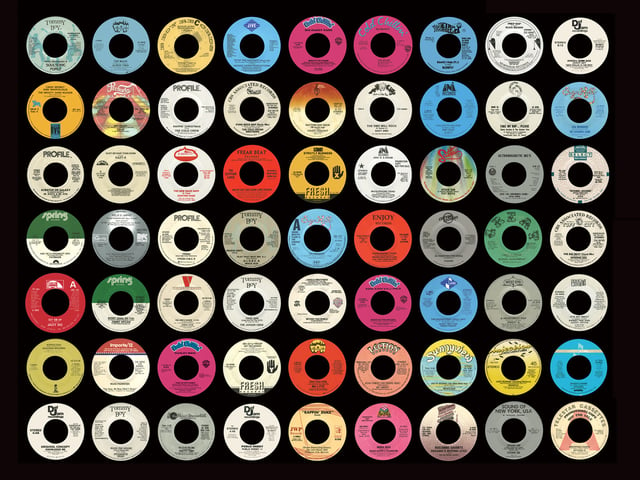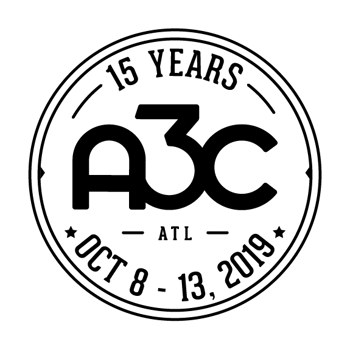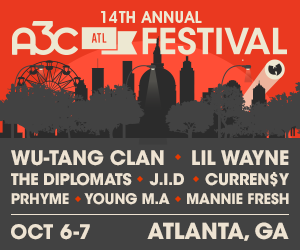
Nobody buys Hip-Hop music anymore. At least, recent history suggests that. For quite some time now, no matter who the artist was or how highly anticipated their project may have been, there has always been a disconnect between the cultural significance of Hip-Hop artists and the actualized commercial support they receive from fans. In fact, in 2014 alone there was a 24.1% decrease in album sales from the previous year, while other genres’ sales only fell 11.2%. But why is this the case? There are a number of potential reasons as to why this is happening, but which one is most to blame? Let’s take a moment to review the possibilities.
One of first explanations for the increasingly low record sales of Hip-Hop records over the last decade is bootlegging. Although we all know that one guy in the hood who always has the new heat for the low, the issue goes far deeper than just physical copyright infringement. Digital bootlegging has had even larger impact, whether the music is obtained via torrents, leaks, or just straight up illegal file sharing among friends. At the beginning of the file-sharing era there was one program in particular that completely changed the landscape of downloading music. No, not Napster, Limewire. Limewire literally put every song from every album in the palm of your hands, with minimal wait time. But the deeper question is why do we find it so necessary to cut corners when getting our music? Specifically in the Black community, perhaps it's because the community comes from a history of having less disposable income to support our artists? Maybe because many Black consumers don't have as much money to buy the albums they like, it's easier to just download for free and save some money. In comparison, Pop and Country artists produce music that appeals to a more economically affluent demographic, and it's clear that these genres maintain a commercial advantage in the corporate market. Because Black people (which are indeed Hip-Hop’s target market) as a whole have less wealth to invest in art forms they enjoy, they have to find alternative ways to receive the product.
The second factor that comes into play is marketing, public perception and distribution. This ties directly into Hip-Hop’s demographic appeal, mentioned previously. Although Hip-Hop is a staple of popular culture, it has never been fully embraced in the United States as a true art form. For a long time, fans of Hip-Hop had to fight for the genre’s respect and recognition. The Academy only recently began awarding the genre at the Grammy Awards (in 1989, specifically), and still doesn't even announce the full list of winners at the televised ceremony. Aside from this, Hip-Hop has continuously been criticized by the media and politicians for its lack of positive impact on the community.This definitely plays a role in the fact that Hip-Hop isn't promoted at the same level nationally as other genres (like Pop or Rock) either. Hip-Hop appeals to a primarily Black audience (which only makes up 12% of the United States population), while Pop, Country and Rock appeal primarily to white audiences, which make up 77% of the United States. With such a drastic disparity, it's foolish to expect equal representation and effort from labels during national marketing campaigns. The nationwide “Rap is Crap” mentality makes it too risky for labels to seriously consider giving Hip-Hop real promotion. With less exposure, less people know about the music, and thus, there's less market incentive for people to purchase the music. How many times have we ever seen a Hip-Hop act perform at the Super Bowl? (And no, Missy Elliot with Lady Gaga doesn't count). How often do we ever hear Hip-Hop cross promoted in national marketing campaigns for products? How come you almost never hear mainstream Hip-Hop songs on the soundtracks of major motion pictures? Will a Hip-Hop record ever win album of the year? It's tough to say, but all of these questions are critical to the discussion.
The last--and possibly most important--factor of this discussion is value. As Hip-Hop’s value has steadily decreased, so too has the support of fans. With a majority of current Hip-Hop lacking any real substance or social acuity, people are finding it harder to find artists they truly believe in. There are a few shining stars like Kendrick Lamar, J. Cole, Kanye West and Drake who still put time and effort into making classic music, but other than them there are few and far between. In other genres, fans understand that by investing their money into artists they love, they are ultimately providing the artist with the opportunity to continue making music that motivates and inspires them. In the last two years Taylor Swift and Adele sold 5 million and 8 million copies of their albums, respectively. People are still buying music, it just has to be good enough to drive fans to support the artist financially.
Sure, there are a few outlying examples of Hip-Hop artists that are still able to consistently produce high sales numbers, like Eminem, Drake or Lil Wayne, but these are extremely rare examples with superstar talent. Maybe when Hip-Hop artists begin to put more time and thought into the records they create, we’ll see a change in numbers. But they’re not the only ones to blame. Maybe once fans begin to take more responsibility for supporting the artists they love, and when labels begin to give Hip-Hop artists a fair chance in the market, we will all see a shift. Record sales overall are on the decline due to streaming, but music will always have value.



